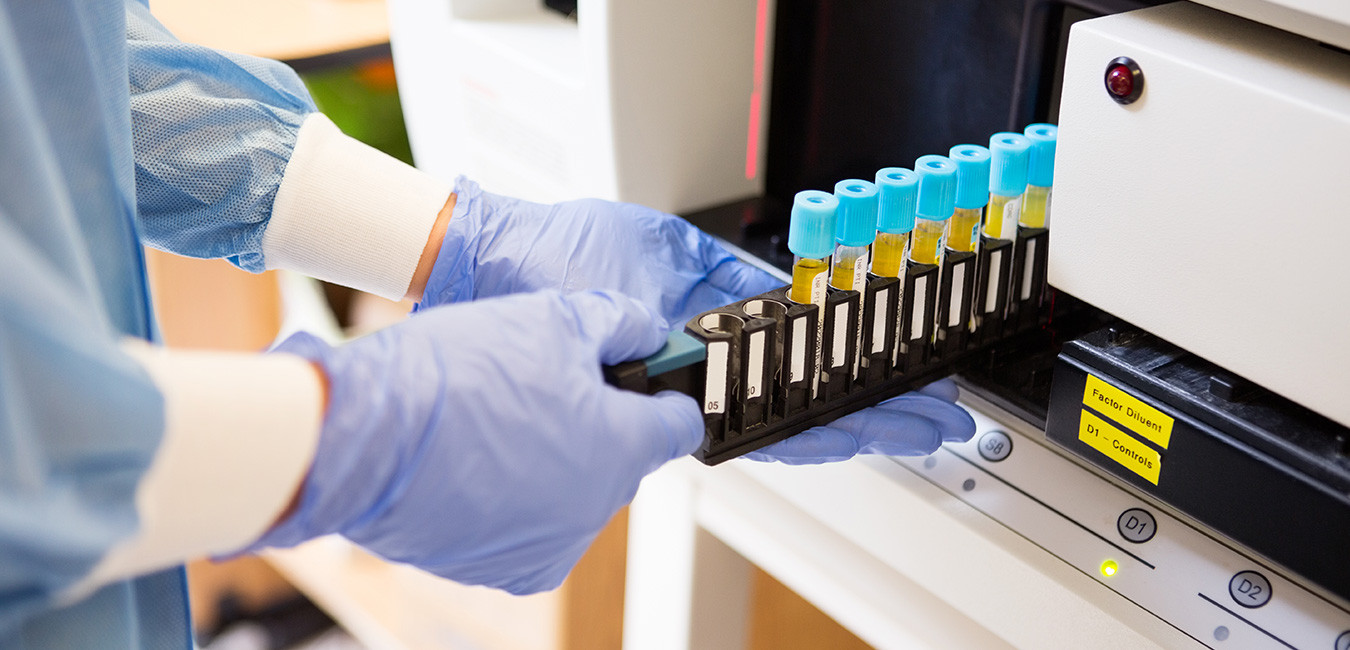Survivors of heart attacks and other acute coronary events are up to 61 percent more likely to suffer repeat events if they have high fasting triglycerides, according to new research published in the Journal of the American College of Cardiology (JACC). The investigators examined outcomes in two studies of patients with acute coronary syndrome (ACS): sudden blockage of blood flow to the heart due to a heart attack, unstable angina, or other disorders.
In the two studies, almost all of the 17,318 participants received intensive statin therapy to lower their LDL (bad) cholesterol. However, earlier studies had reported that despite this commonly prescribed treatment, ACS patients remain at high risk for recurrent events, prompting the investigators to examine if triglycerides (TG) contribute to this residual danger.
In one of the studies analyzed, patients with the highest levels of fasting TG had a 61 percent greater risk for cardiovascular events during 31 months of follow-up, compared to those with the lowest levels. In the other study, risk for repeat events was 51 percent higher in those with high TG during 16 weeks of follow-up.
An Important New Treatment Target to Reduce Cardiovascular Risk?
Together, these findings suggest that triglyceride levels may predict both short-term and long-term danger for coronary artery disease mortality, non-fatal heart attack, stroke, and unstable angina in statin-treated patients with ACS. Study results led the researchers to conclude that,“Triglyceride-rich lipoproteins may be an important additional target for therapy.”
Note the triglyceride results reviewed in this study were drawn after subjects had fasted before having a standard lipid profile test. Under national guidelines, a normal fasting level is under 150 mg/dL. Levels of 151-200 mg/dL are considered borderline high, while those above 200 mg/dL are linked to a higher risk for heart attack and stroke. Fasting TG levels over 500mg/dL increases the risk for a serious condition called pancreatitis.
Risk for fatal cardiovascular disease (CVD), however, is 25 percent higher in people with TG levels of 200 mg/dL or more, compared to those with levels below 150 mg/dl according to study co-author Michael Miller, MD and reported in a separate paper published in the Cleveland Clinic Journal of Medicine. Dr. Miller is a nationally renowned physician who is a professor of medicine at the University Of Maryland School of Medicine, Director of Preventive Cardiology at the University of Maryland Medical Center and staff physician at the Baltimore VA Medical Center.
Research also shows that rates of type 2 diabetes are nearly three times lower in people with low TG, the paper notes.
A Number that Powerfully Predicts Risk for Early Death
In another new study of 416 ACS patients, published in PLOS ONE, the ratio of triglycerides to HDL (good) cholesterol was found to be a powerful independent risk predictor for both cardiovascular events and all-cause mortality. Over three years of follow-up, those with the highest ratio (TG divided by HDL) had more than five times the risk of dying from any cause compared to those with the lowest ratio, even after such factors as age, diabetes, high blood pressure, smoking, and severity of coronary artery disease were taken into account.
In the study, patients’ TG/HDL ratio ranged from a low of 0.33 to a high of 14.33. The findings add to earlier research showing that this ratio is a strong predictor of risk for heart attack, other major cardiovascular events, and premature death in patients without ACS.
Can Treating High Triglycerides Prevent Heart Disease?
“Triglyceride levels do matter: Not only are they a marker of risk for cardiovascular disease, they may be mechanistically linked to it,” Dr. Miller reports in his paper. “It remains to be established whether lowering elevated triglyceride levels in patients with coronary heart disease or at risk of it will translate into clinical benefit. However, two studies are under way.” These studies are investigating if fish-oil-derived omega-3 supplements, combined with statin therapy, will lower the threat of heart disease in high-risk patients with elevated TG levels.
A blood test called OmegaCheck™ can measure the balance of heart-healthy omega-3 (found in such foods as oily fish) and omega-6 (found in certain animal and plant fats), which can contribute to inflammation and formation of blood clots at high levels.
A scientific statement from the American Heart Association identifies TG levels as an important biomarker of CVD risk, recommending that patients with fasting levels above 150 md/dL lose weight, improve their diet, and engage in aerobic exercise at least twice a week. Drug therapy is advised for those with levels exceeding 500 mg/dL.

